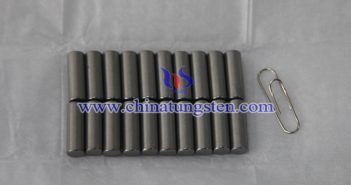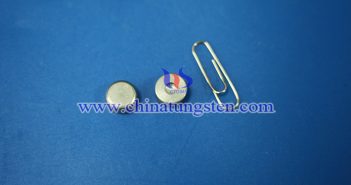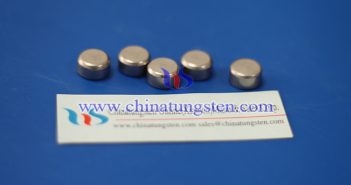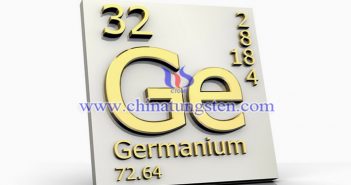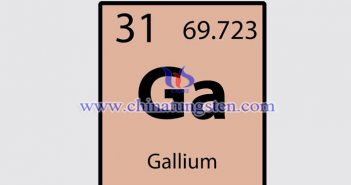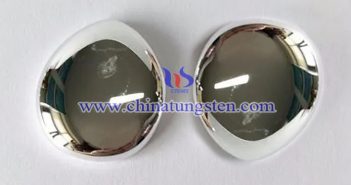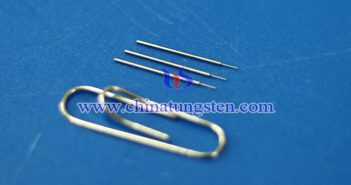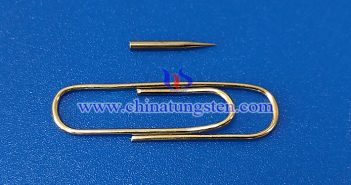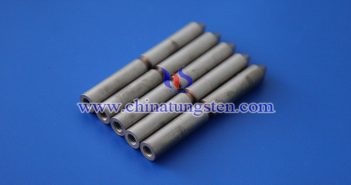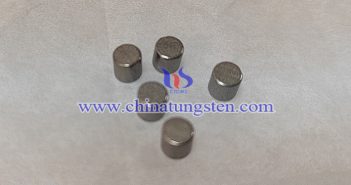
Barium tungsten cathode is a common cathode material in xenon flash lamp that is a device that uses the discharge of xenon to generate intense light flashes. It is widely used in photographic flash lamps, laser systems, high-speed photography, medical equipment, xenon lasers and other fields. In a xenon flash lamp, the BaW cathode acts as the electron generator. When xenon discharges, the generated electron flow will hit the cathode, which will excite the tungsten in the BaW cathode to…

